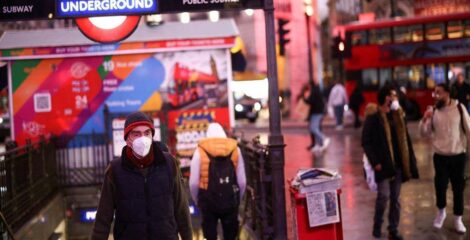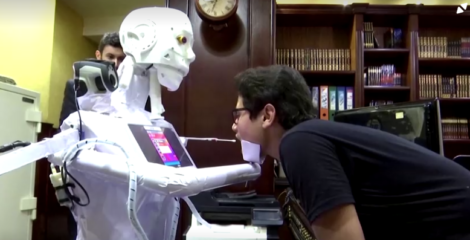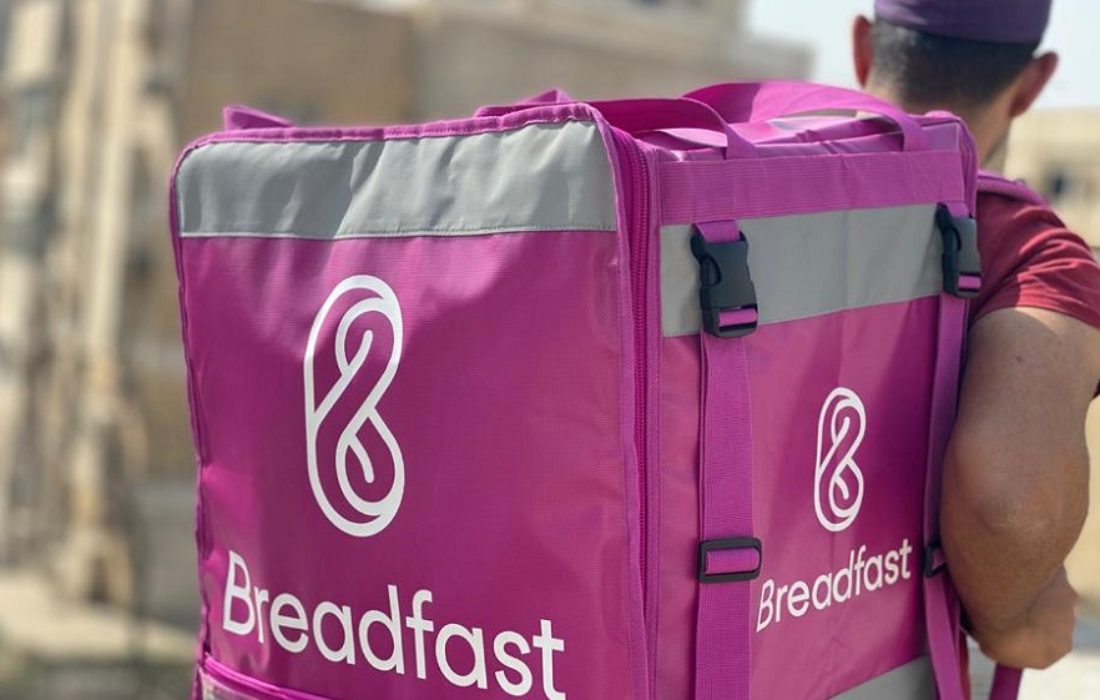Nearly three months have passed since the first case of COVID-19 was identified in the UAE at the end of January 2020. Since then, the number of confirmed cases has risen significantly and is reportedly as high as 98, many of whom have successfully recovered. Meanwhile, the government has taken various proactive and commendable steps in an effort aimed at controlling the spread of the virus.
Over the past weekend, government authorities in the UAE temporarily closed all major tourist attractions, museums, libraries, beaches, gyms, parks, wedding halls, nightclubs and cinemas in a bid to prevent large gatherings. The government even went as far as banning the sale of shishas in the capital’s tourism establishments.
These measures were announced following the government’s decision to close nurseries, schools and universities throughout the country. Furthermore, non-essential international travel has been discouraged, and officials announced that they would temporarily stop issuing most visas into the country.
Remote Work Becomes Reality, but VoIP Software Remains Blocked
A significant share of the UAE’s workforce in the public and private sector have also been asked to work from home. Speaking to WAYA, Matt Suiche, Founder & CEO of Comae Technologies, said: “Our business is already remote-based, so this is not affecting our operations, but I can see how it can be a pain for businesses that are not prepared, especially because of the ban on VoIP software.”
A similar call to lift the ban on popular video calling apps – such as Skype and WhatsApp – was previously made by businessman Khalaf Al Habtoor, as well as renowned Emirati academic and art collector Sultan Sooud Al Qassemi, who wrote on Twitter: “I highly recommend that the UAE now re-visits its ban on VoIP video calls in light of the spread of Coronavirus. If we want people not to meet in person, let them conduct their business online. The benefit to the entire economy outweighs the benefit to a single firm (Etisalat).”
Apart from the obvious business advantages and societal benefits to the country’s 7.8 million-strong expatriate population – during the pandemic outbreak or after – it’s worth noting that the global VoIP market is estimated to increase from USD 20 billion in 2018 to around USD 55 billion by 2025.
Could these numbers above, coupled with avenues of opportunities in the VoIP space, finally lead to an end of the ban?
“Our business is already remote-based, so this is not affecting our operations, but I can see how it can be a pain for businesses that are not prepared, especially because of the ban on VoIP software.”
Matt Suiche, Founder & CEO, Comae Technologies
Scooters in Times of Social Distancing
Another aspect of the coronavirus conversation is that of “social distancing”, the act to withdraw socially to stop or slow down the spread of a highly contagious disease. “We encourage those engaging in social distancing to turn to Circ scooters as a viable alternative to buses, taxis and ride-hail,” Jaideep Dhanoa, Circ’s Co-founder & MENA CEO told WAYA Media.
Circ, a micro-mobility startup with operations in Abu Dhabi, allows its users to book and use e-scooters via its dedicated mobile app. The company has been operating out of the UAE’s capital since mid-2019.
Due to the coronavirus, cities around the world are seeing higher numbers of people bicycling and turning to e-scooters. New York City and Bogota are reporting increased cycling activity since the outbreak. Chicago is also experiencing a biking boom, and bike-share usage is making a comeback in China too.
If the pandemic goes on for longer than anyone expects, could e-scooters become the new primary means of public transport in the MENA region?
“We encourage those engaging in social distancing to turn to Circ scooters as a viable alternative to buses, taxis and ride-hail,”
Jaideep Dhanoa, Co-founder & MENA CEO, Circ
Economic Impact of COVID-19
In the long run, this new novel coronavirus will most likely hurt the UAE’s critical non-oil sectors such as tourism, transportation, trade and real estate. Moreover, given that the UAE’s largest non-oil trading partner is China, the economic disruptions caused by COVID-19 might take a long time to rebound. Virus-related travel restrictions that are currently in place across the Gulf countries could further weigh on the entire GCC hospitality industry.
Numerous events across the region – including Ultra Abu Dhabi, Arabian Travel Market, Dubai Lynx, and Dubai International Boat Show – have already been deferred to avoid mass gatherings and the spread of the coronavirus. Therefore, of growing concern, too, is the upcoming Expo 2020 Dubai, due to be held from October 2020 to April 2021.
Organisers were expecting to attract over 25 million visitors throughout the six-month exhibition, and the postponement or cancellation of the long-awaited event would surely have a significant and negative impact on Dubai’s economy.
Speed Trumps Perfection
The impact these rapid government responses are having on the lives of ordinary UAE and GCC residents are severe yet necessary. According to the World Health Organization, the global death toll from COVID-19 has surpassed 7,100 with more than 183,000 cases confirmed worldwide.
Commenting on the swift global response to the pandemic outbreak, the Executive Director of the World Health Organisation’s (WHO) Health Emergencies Programme, Dr Michael Ryan, told reporters at a press conference last week: “Be fast, have no regrets. Speed trumps perfection.”
If you see something out of place or would like to contribute to this story, check out our Ethics and Policy section.














